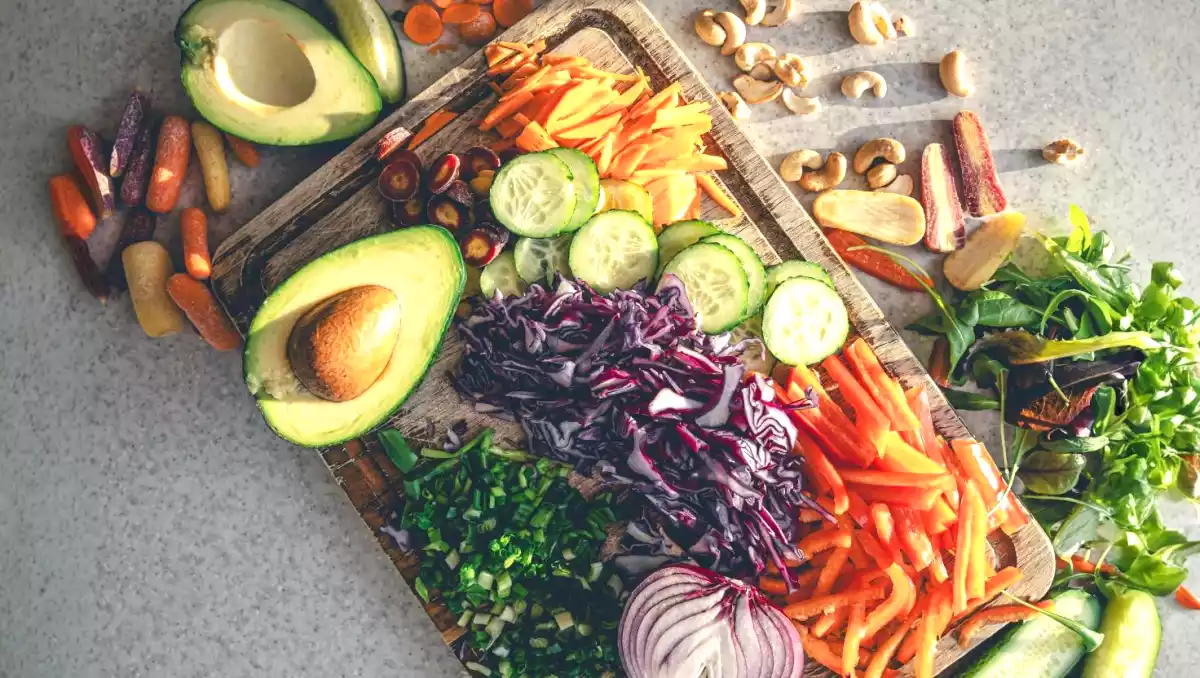The rise of "flexitarianism": why eat less meat?

Eating less meat is the trend of the moment! Whether for health or environmental reasons, or simply for variety, flexitarianism is gaining ground. But what exactly does it mean? Why are more and more people choosing to become "flexitarians"?
What exactly is flexitarianism?
Flexitarianism is simply eating less meat, without eliminating it completely from your plate. Basically, it's a more flexible lifestyle than vegetarianism: we prefer meals based on vegetables, legumes and cereals, but we allow ourselves a good steak every now and then. It's the perfect compromise for those who want to reduce their impact on the planet without giving up the occasional juicy burger ;)
Why eat less meat?
So why the change of course? There are many compelling reasons:
1. For your health: say goodbye to excess!
As we all know, eating too much red or processed meat is not really recommended for your health. Too much saturated fat, increased risk of cardiovascular disease, type 2 diabetes... The list goes on! On the other hand, adopting a more plant-based diet would reduce these risks and boost our immune system thanks to the fiber, vitamins and minerals contained in fruits, vegetables and legumes.
2. For the planet: a small gesture that does good
We're beginning to know this too:intensive livestock farming has a colossal environmental impact. Greenhouse gases, deforestation, excessive water consumption... In short, it's not exactly green!
By reducing meat consumption, we also reduce our carbon footprint. For example, according to the WWF, producing 2 lbs/1 kg of beef emits around 59lbs/27 kg of CO₂, compared with just 4lbs/2 kg for lentils. That's a huge difference, isn't it? So imagine the impact on a global scale!
3. For animal welfare: because it counts too
If ethics are important to you, you should know that eating less meat helps reduce intensive livestock farming and animal suffering. And even if you continue to eat meat from time to time, you can still opt for better-quality products from short supply chains and practices that respect animal welfare.
How do you become a flexitarian (without the headache)?
No need to turn everything upside down overnight! Flexitarianism is all about flexibility. Here are a few tips to get you started smoothly:
- Plan your meals: Try to set yourself one or two vegetarian days a week. Ever heard of "Green Monday"?
- Discover plant proteins: Chickpeas, lentils, kidney beans... There are plenty of tasty alternatives to animal proteins. What's more, they're good for you!
- Don't deprive yourself: Are you craving a burger? Treat yourself! Flexitarianism is all about not feeling guilty.
Flexitarianism is a trend... but not the only one!
This lifestyle is gaining more and more followers, including among the stars. Beyoncé and Jay-Z even issued a vegan challenge to their fans! And in France, renowned chefs such as Alain Passard are increasingly featuring vegetables in their Michelin-starred dishes.
What's more, the market is adapting to this growing demand. Our supermarket shelves are now overflowing with vegetarian and vegan products. Even fast-food restaurants are getting in on the act: Burger King and McDonald's now offer vegetarian options.
In short: flexitarianism, a trend that makes sense
Eating less meat is good for your health, the planet and the animals. So why not give it a try? Whether it's a question of health, ethics or just discovering new flavors, flexitarianism has it all.
And there's no need to revolutionize everything: you can start at your own pace, enjoying yourself above all :)
You may be interested in:
 Adèle Peyches
Adèle Peyches
Comments